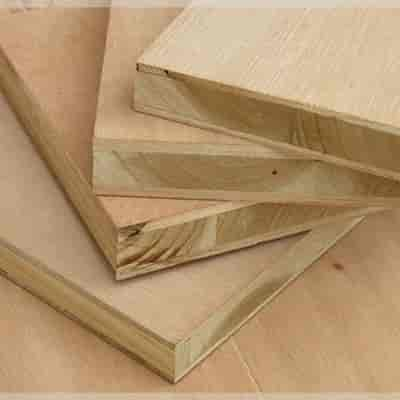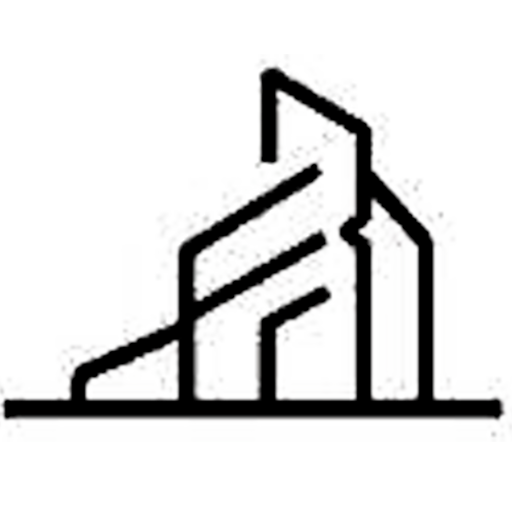## The Truth About Particle Board
Particle board is a type of engineered wood that is commonly used in the construction industry and for various DIY projects. It’s made by breaking down wood particles, combining them with adhesives, and then forming them under high pressure into panels. This versatile material is known for its affordability and ease of use, but there are several aspects to consider before choosing it for your next project. Here’s a deeper look at particle board, including different thicknesses such as 5/8, 5/16, 5X10, and 50mm sizes, which can be sourced from retailers like Menards.

When selecting particle board for projects, one of the crucial factors to understand is its density and composition. For instance, a 5/8 inch particle board is denser and more robust than a 5/16 inch one. The former is better suited for tasks requiring greater strength, such as flooring underlayment or shelving. In contrast, the thinner 5/16 inch option works well for uses where weight and cost are significant considerations, including cabinet backs and drawer bottoms.

Moving on to size, a 5X10 particle board offers substantial surface area and can be ideal for larger projects. Whether you’re building a table top or creating a divider wall, this size gives ample real estate to work with. Meanwhile, 50mm particle board, which is equivalent to approximately 1.97 inches in thickness, often finds applications in heavy-duty scenarios like structural components or external cladding due to its increased durability.

It’s essential to acknowledge that while the affordability of particle board is one of its selling points, it does come with trade-offs. Particle board doesn’t hold screws as well as solid wood and is prone to water damage if not properly sealed. Furthermore, the manufacturing process sometimes involves chemicals that can off-gas volatile organic compounds (VOCs), affecting indoor air quality. Therefore, proper sealing and ventilation are recommended when using this material.

To ensure the longevity of your particle board projects, finishing plays a key role. Applying paint, veneer, or another protective layer can significantly extend the lifespan of your particle board structures by shielding them from moisture and everyday wear and tear. This step is particularly critical for the thinner boards, like the 5/16 inch variant, which are more susceptible to damage.

In summary, particle board is an economical and versatile material that comes in various thicknesses and sizes, each with its specific applications. While the 5/8 and 50mm options cater to more load-bearing tasks, the 5/16 and 5X10 sizes have their own unique advantages. However, potential issues with water resistance and VOCs should prompt users to take additional protective measures. By understanding these characteristics, you can make informed choices when sourcing materials like those available at Menards and ensure successful outcomes for your projects.

